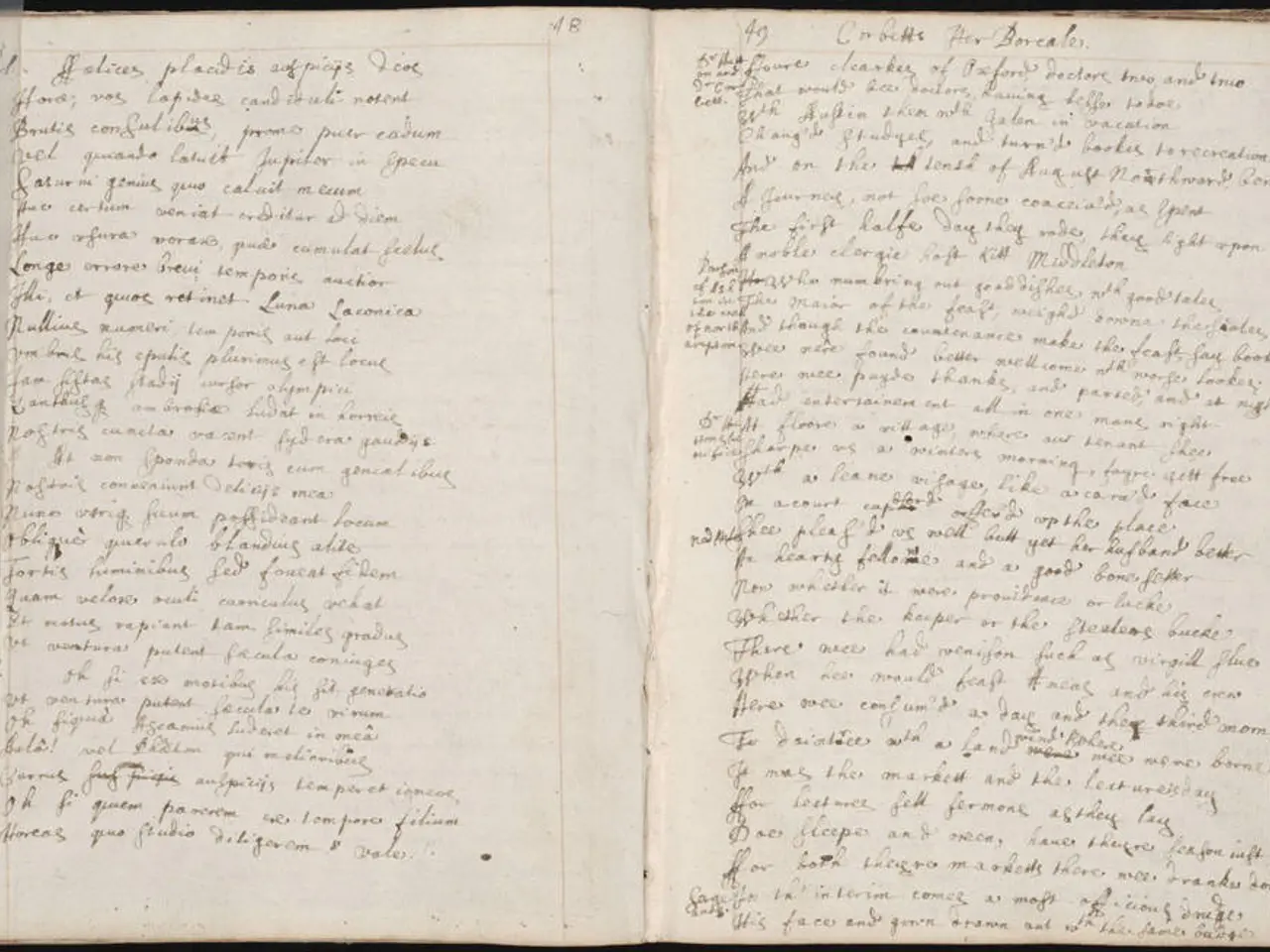What is the ideal age for elementary education commencement for a child, typically ranging from six to seven years old?
In the world of education, the importance of school readiness for future first-graders cannot be overstated. The optimal age for starting first grade is generally around 5 to 6 years old, but it's crucial to remember that developmental readiness matters more than chronological age.
Research shows that children who start first grade when they are developmentally prepared for the cognitive and social-emotional demands tend to have better outcomes. Early math and number skills by kindergarten predict later achievement, underscoring the foundation needed for school readiness.
Many children under 5 are not ready for the sitting and structured nature of school. Parents and educators report concerns with the lack of free play and high expectations too soon. Being among the youngest in the grade cohort also relates to higher diagnosis rates of ADHD and medication prescriptions, with consequences extending even into later grades.
Specialists encourage parents to observe their child’s emotional and cognitive preparedness, communicate with teachers, and consider flexibility such as "redshirting" (delaying school entry) if the child seems immature for school demands.
It's important that the child has successfully completed the preschool curriculum. A medical-educational commission evaluates a child's readiness for school twice, once a year before starting first grade and just before enrollment. The child's biological age should match or exceed their chronological age.
The rest of the first-graders were more driven by play than learning. Seven-year-olds find it easier to handle the academic workload and follow the rules compared to six-year-olds. Almost half of the first-graders felt anxious, tense, and unsure of themselves.
The final decision about a child's readiness for school is up to the parents, but specialists' recommendations should be considered. It's good if the child is robust, having fewer than three cases of acute respiratory viral infections in a year. The head of the department of children's and adolescents' hygiene at the Minsk City Center for Hygiene and Epidemiology, Tatiana Ostrovskaya, stated to Minsk News.
Researchers at the Belarusian State Medical University found that only 32% of first-graders were fully ready for school. Every fourth child had trouble socializing with classmates. This underscores the need for parents and educators to carefully consider a child's readiness for the structured demands of a classroom and the academic workload.
In summary, while most children start first grade around age 6, decisions should be guided by readiness indicators that include social, emotional, and early academic skills rather than age alone. This approach aligns with findings that early competence in math and other skills supports successful school adjustment, and that starting too young may pose risks for some children.
Children's success in the early education phase, such as health-and-wellness by minimizing acute respiratory infections, could contribute to a robust start in first grade. On the other hand, engagement in science, health-and-wellness, parenting, education-and-self-development activities can further prepare a child for the cognitive and social-emotional dynamics of school.




